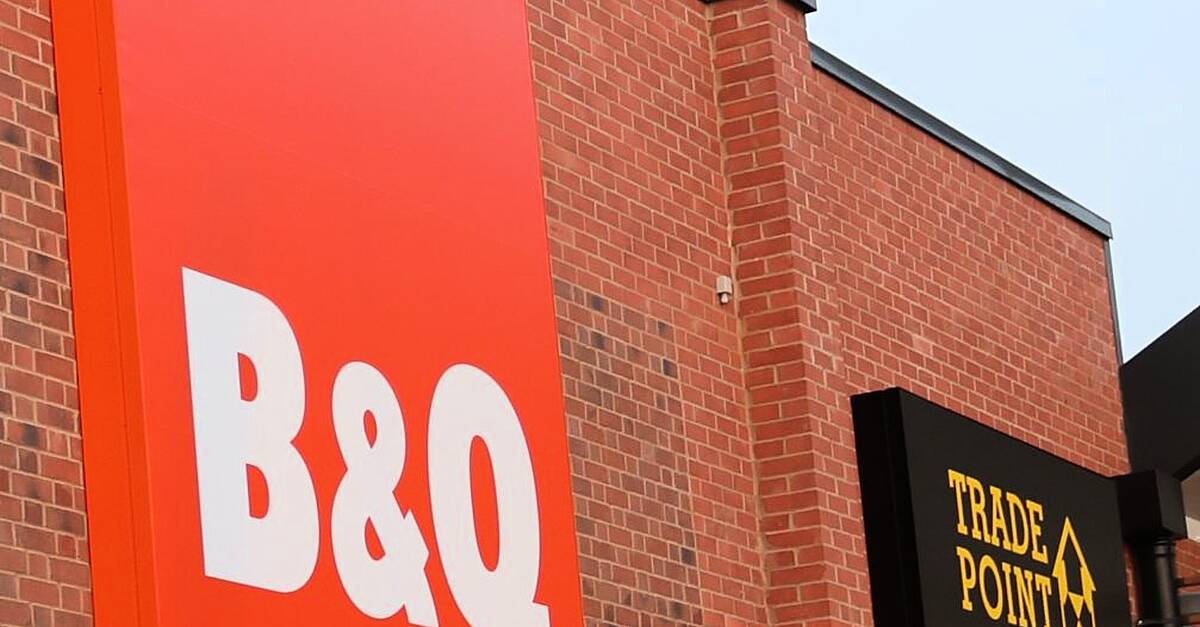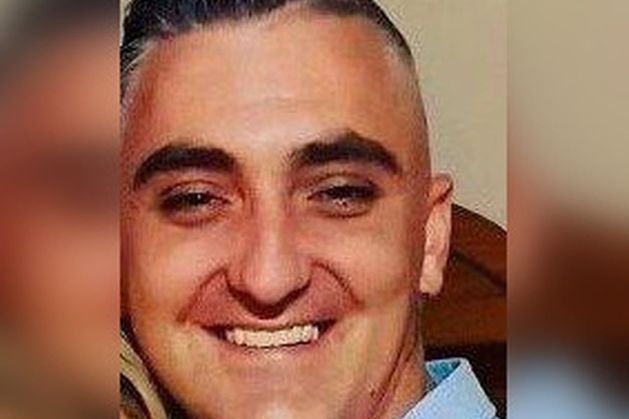Gambling
AIB introduces voluntary blocks on cards to stop gambling

AIB has introduced a voluntary block feature on debit and credit card transactions which are classified as linked to gambling.
The feature is aimed at assisting those who have gambling problems to avoid doing themselves and their families financial harm.
EBS, which is part of the AIB group, is also offering the service.
The banks say they will put the block in place when requested by customers and it can be deployed to both personal and business cards.
“We understand that when gambling becomes harmful it can affect not just the person involved, but their families and friends too. It can damage relationships, finances, employment, and mental health,” said AIB Managing Director Retail Banking, Geraldine Casey.
“The financial services industry has a role to play in supporting customers as they combat any gambling difficulties they may have, and it’s important AIB does what we can to help them stop the harm.”
“That is why we are putting in place additional supports for customers who wish to take steps to protect themselves from problem gambling.’’
Oisín McConville, the former Armagh footballer who has overcome a gambling problem, has backed the move by the bank.
He has also urged people with gambling issues to avail of the supports that are on offer, including from gamblingcare.ie where he works.
“I would like to reassure people that you can recover, that there is life after gambling addiction and that help is available to anyone who needs it,” he said.
AIB said those around a person with a suspected gambling problem should look out for signs of it becoming harmful.
These include overdue or unpaid bills, concealing or lying about gambling, continuing to gamble even after significant financial loss and gambling to try and make money to cover rising costs of living or bills.
It is estimated over 130,000 people in Ireland suffer with problem gambling.
According to gamblingcare.ie a person will often first disclose a gambling problem with staff at their financial institution, rather than with family or friends.









